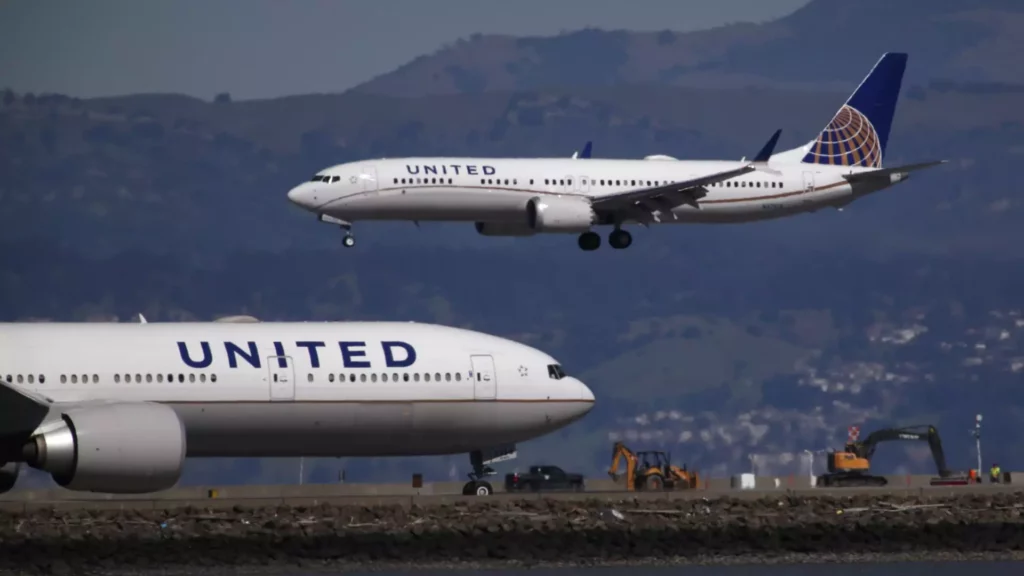![]()
United Airlines has recently cut its aircraft-delivery expectations for the year due to delays from Boeing, which has impacted the airline’s growth strategy. This comes as the latest setback for an industry already facing challenges as a result of the plane-maker’s safety crisis.
The airline now expects to receive only 61 new narrow-body planes this year, a significant decrease from the 101 it originally anticipated at the beginning of the year. Furthermore, United had plans for as many as 183 new planes by 2024, which have now been adjusted. CEO Scott Kirby mentioned in an earnings release that they have revised their fleet plan to align with what manufacturers are able to deliver.
In addition to the delays from Boeing, United Airlines is also facing a Federal Aviation Administration safety review which has further prevented the airline from expanding as planned. This review has led to the postponement of several services, including flights from Newark, New Jersey to Faro, Portugal, and between Tokyo and Cebu, Philippines. To focus on safety protocols, United had to delay its investor day, initially scheduled for May.
Despite these challenges, United Airlines reported a net loss of $124 million in the first quarter, with revenue increasing nearly 10% compared to the previous year. The airline attributed a $200 million hit to the temporary grounding of the Boeing 737 Max 9 jets in January, impacting its financial results for the quarter. However, if not for this setback, United would have reported a profit.
Looking ahead, United Airlines expects to post earnings between $3.75 and $4.25 per share in the second quarter, surpassing analysts’ estimates. The airline’s full-year earnings forecast remains between $9 and $11 a share. It is important to note that airlines typically earn a significant portion of their profits during the peak travel season in the second and third quarters.
Following the announcement of its revised fleet plan and financial performance, United Airlines’ shares rose more than 4% in after-hours trading. The positive response from the market indicates confidence in the airline’s ability to navigate through the current challenges and capitalize on growth opportunities in the future.
United Airlines is facing obstacles due to delays from Boeing, as well as a safety review by the FAA. Despite these challenges, the airline remains resilient and has adjusted its fleet plan to better align with manufacturing capabilities. By focusing on safety protocols and strategic growth initiatives, United Airlines aims to overcome these hurdles and deliver strong financial results in the coming quarters.

Leave a Reply